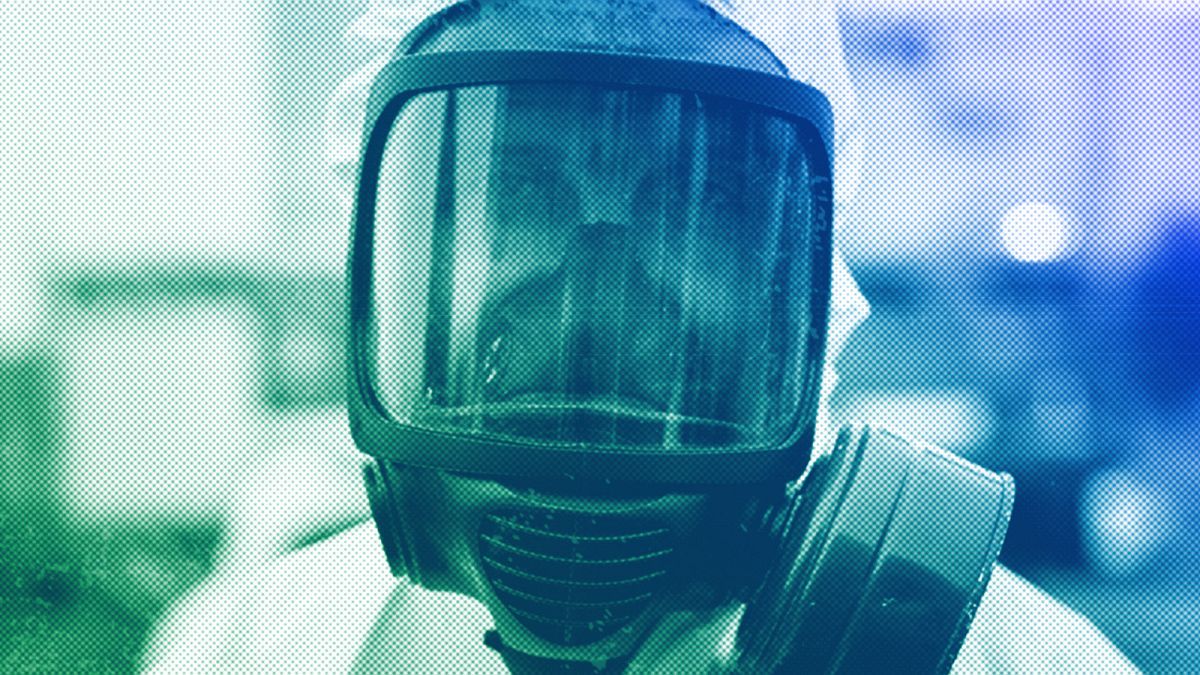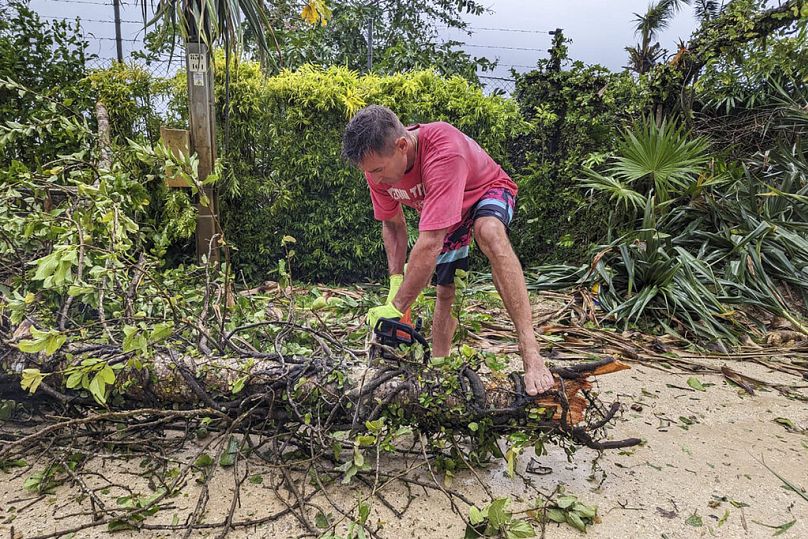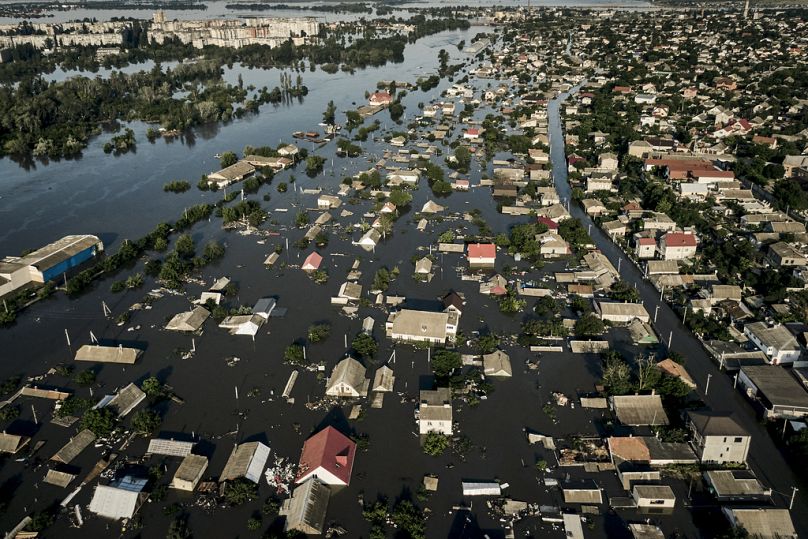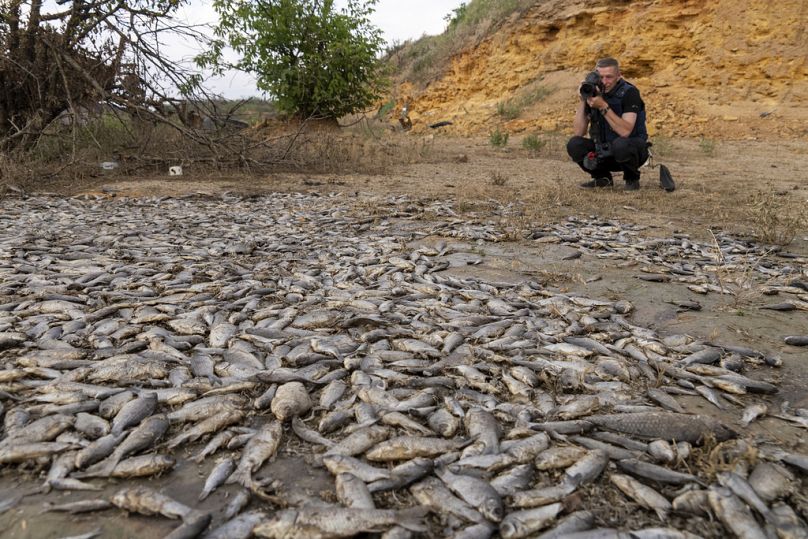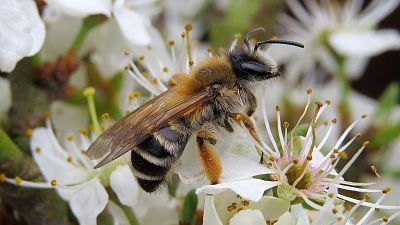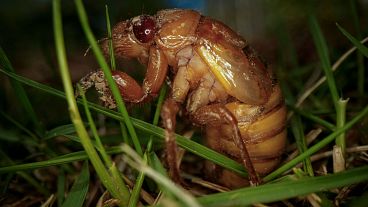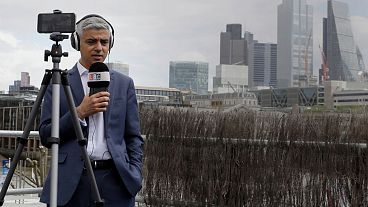While our countries face vastly different challenges, we are united not only with each other but also with all others in the need to find a lasting, global solution, Maksym Popov and Ambassador Odo Tevi write.
In many ways, Vanuatu and Ukraine couldn’t be more different. Vanuatu is an island nation in the South Pacific Ocean, with only 12,000 square kilometres of land above the waves.
Ukraine sits on the Black Sea in Eastern Europe, spanning more than 600,000 square kilometres. Ukraine’s population of nearly 44 million is more than 137 times the 320,000 mostly indigenous, Melanesian villagers that make up Vanuatu.
Vanuatu’s tropical climate means it is host to fauna and flora adapted for warm and humid days. Its national animals include the rainbow lorikeet, the reef-loving dugong and the mango-eating giant flying fox. Ukraine is home to two mountain ranges which are home to wolves, wild horses, and falcons.
While they face vastly different everyday challenges, our countries share a kinship through one crucial threat.
The nature and wildlife of both Vanuatu and Ukraine face catastrophe, due to developments that our countries have not caused and neither country can fight on our own.
What is happening in Vanuatu?
Vanuatu is one of the world's most vulnerable countries concerning climate and so-called natural disasters. Last year, it was hit by two category-four cyclones within three days.
Historically, this might have been blamed on bad luck, but we now know that the damage done to our climate is putting us at far greater risk of unnatural disasters like these.
Beyond the rapid onset of cyclonic winds and rain, climate change is causing acidification of our waters, which is killing the coral reefs and marine life dependent on them.
With the insidiously rising sea level, our under-island freshwater is becoming salinated making our food and water insecure.
Unsurprisingly, Vanuatu is net carbon negative, emitting less than 0.0016% of global emissions, yet the climate loss and damage now experienced by the people of Vanuatu is devastating our island economy, undermining human rights, decimating our coral reef ecosystems, submerging our territory, and taking the lives and livelihoods of our people.
There is little danger that anyone would mistake the damage done to Ukraine’s ecosystems for simple misfortune.
But within the justified outcry against the atrocities that have been inflicted on the Ukrainian people, an element of the destruction that is often overlooked is what has been done to Ukraine’s environment.
Remember Nova Kakhovka?
This is now becoming much harder to ignore. The destruction of the Nova Kakhovka dam in June 2023 caused an undeniable ecocide — an ecological disaster that extends far beyond Ukraine’s borders and will have lasting effects on the entire Black Sea region.
The flooding joins the chemical contamination of thousands of hectares of land and the slaughter of thousands of animals as the terrible environmental toll of the Russian invasion.
In years gone by, we would have dismissed the plights of Vanuatu and Ukraine as isolated problems which require very different solutions.
But there is a global change that can concretely help protect our countries, the rest of the world’s vital ecosystems and all of us that rely on them, to ensure that we treat environmental damage with the importance it requires.
Both Ukraine and Vanuatu have been using their moral authority, and international platforms, to argue for the criminalisation of ecocide.
We want to see the ecocide culprits put on trial
Ecocide is the crime of knowingly causing severe and widespread or long-term harm to ecosystems, and covers damage by states, companies, and individuals, both in war and peacetime.
In 2019, Vanuatu was the first sovereign nation to call for the criminalisation of ecocide at the International Criminal Court’s annual assembly.
Vanuatu has everything to lose if the world fails to uphold and indeed strengthen the rule of international law on climate and environmental sustainability and has been leading a transformative advisory opinion case at the International Court of Justice to clarify the legal obligations of states with respect to climate change, while also leading the development of a new Fossil Fuel Non-Proliferation Treaty to guide the global just and equitable transition to renewable energy.
Ukraine’s President Volodymyr Zelenskyy, meanwhile, explicitly named ecocide in his ten-point "peace formula", announced at 2022’s G20 summit and explicitly supported by Council of Europe member countries.
This month, the Prosecutor General’s office has initiated the first formal domestic ecocide proceedings against members of the Russian military leadership.
It's deeply personal for both countries, no matter how different
By adopting an approach which recognises severe and widespread or long-term environmental harm, we can build a comprehensive and durable framework to make sure that the perpetrators of ecocide can be brought to justice wherever it occurs.
This will ensure that no damage slips through the net due to difficulties with defining what a specific act of ecocide might be, or confusion over which contexts it applies to.
Vanuatu and Ukraine are united in their calls for a law which applies to all such environmental damage, wherever and whenever it occurs.
This deters polluters from causing destruction in the first place and ensures that those who do can be brought to justice.
For both countries, this is a deeply personal story. The people of Ukraine and Vanuatu feel immense sorrow for the destruction that surrounds them and are facing the difficult task of resisting and rebuilding.
But, by working together to campaign for the introduction of a global framework to inspire environmental safeguarding, we can create a system that transcends borders to give the planet the protection it needs and the people their right to a healthy environment.
While our countries face vastly different challenges, we are united not only with each other but also with all other countries that have faced similar challenges, in the need to find a lasting, global solution.
We therefore urge all governments to take early and decisive action at domestic, regional, and international levels to put this protective criminal law framework in place.
Maksym Popov has been Advisor to the Prosecutor General of Ukraine since October 2022, and His Excellency Ambassador Odo Tevi has served as Permanent Representative of the Republic of Vanuatu to the UN since 2014.
At Euronews, we believe all views matter. Contact us at view@euronews.com to send pitches or submissions and be part of the conversation.
